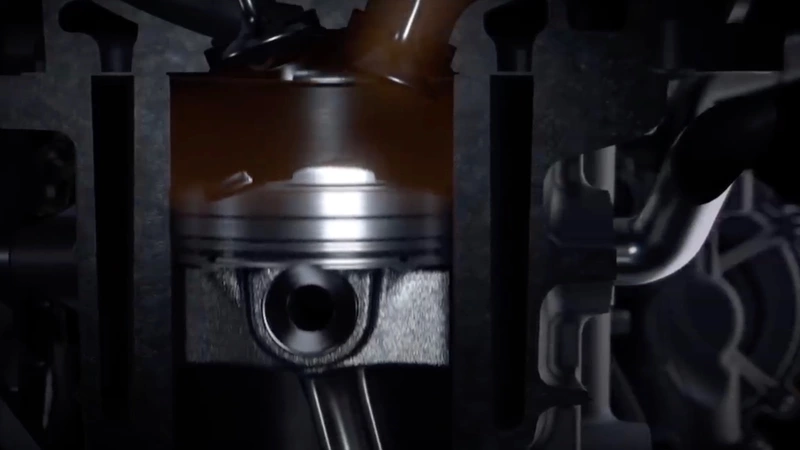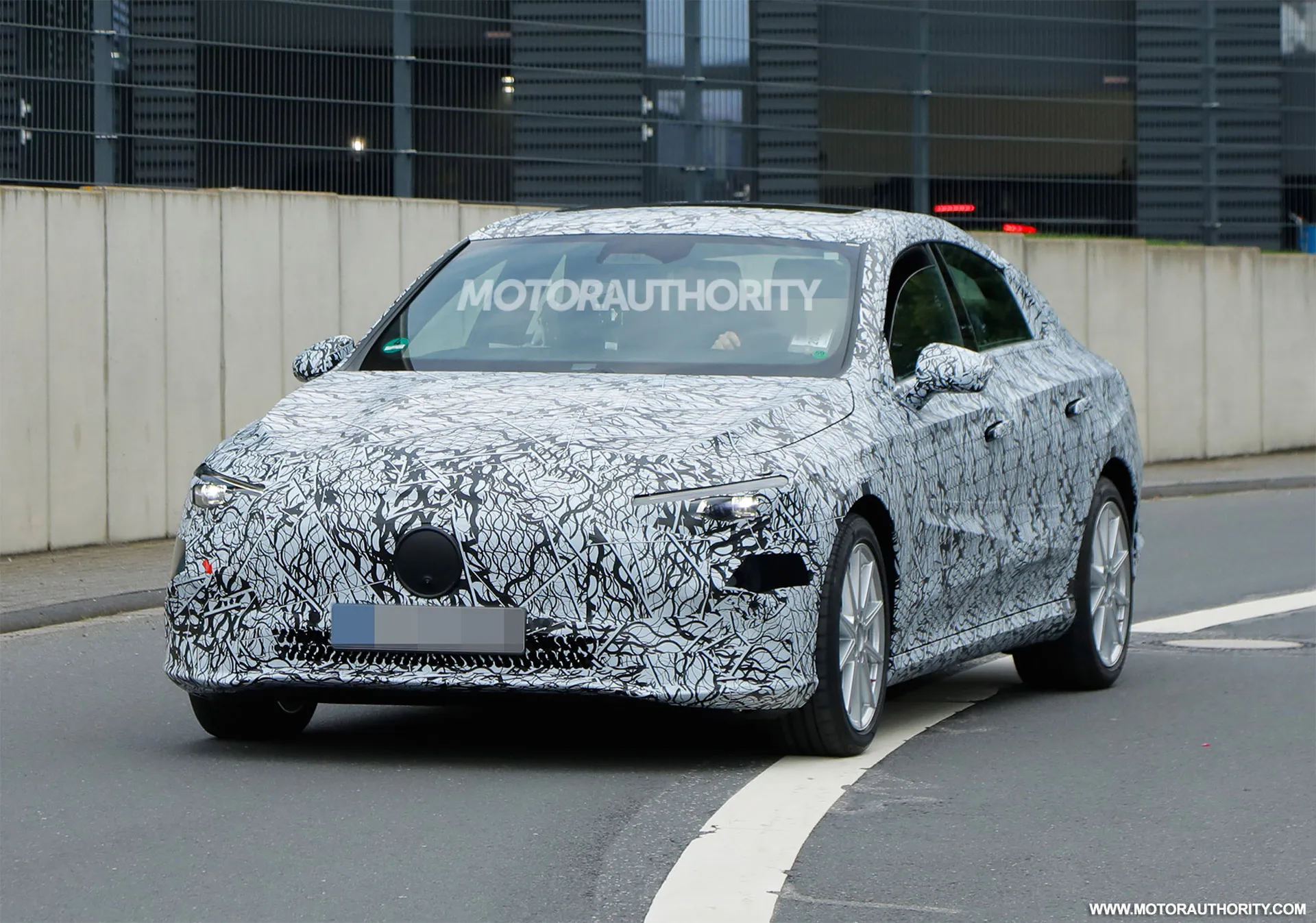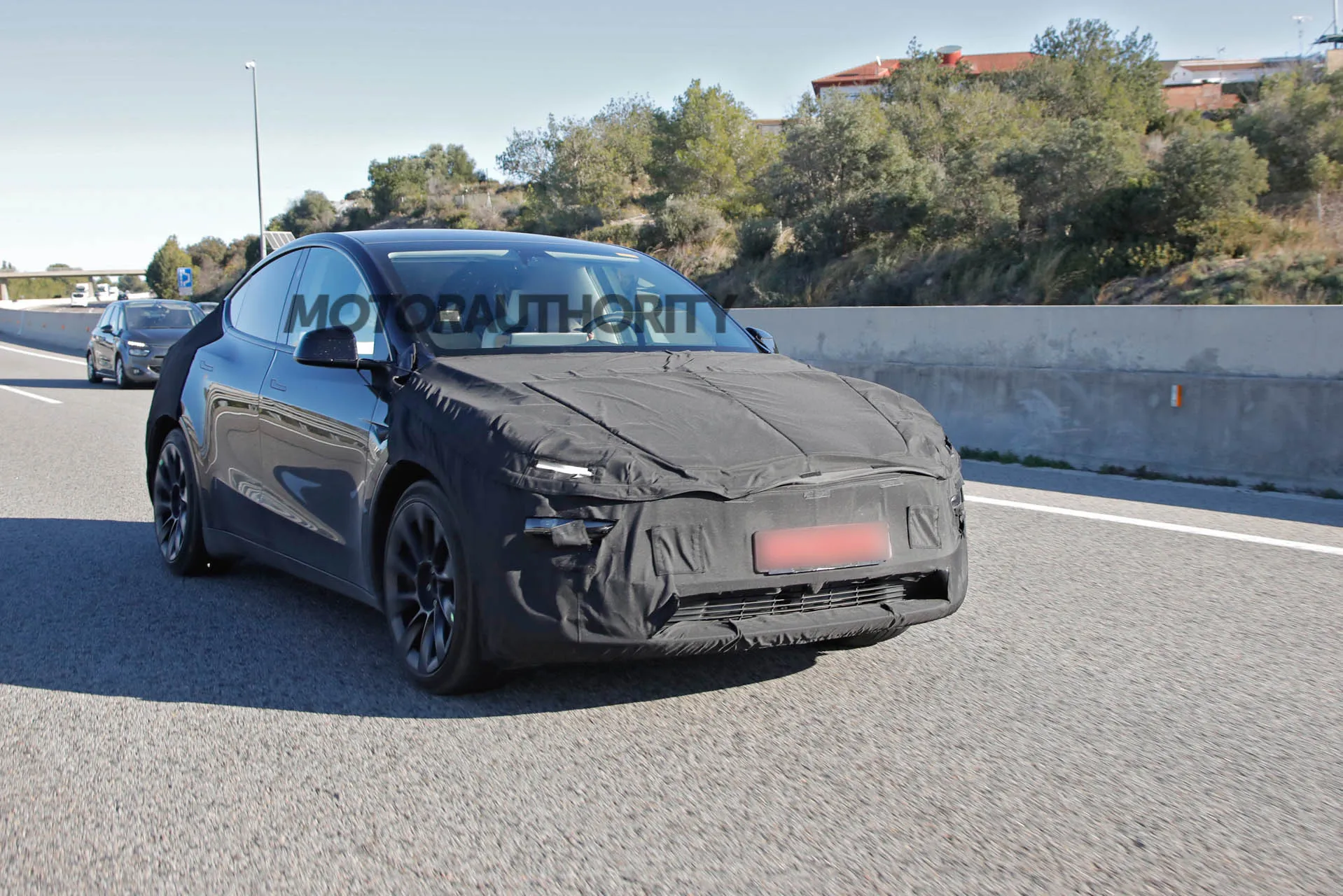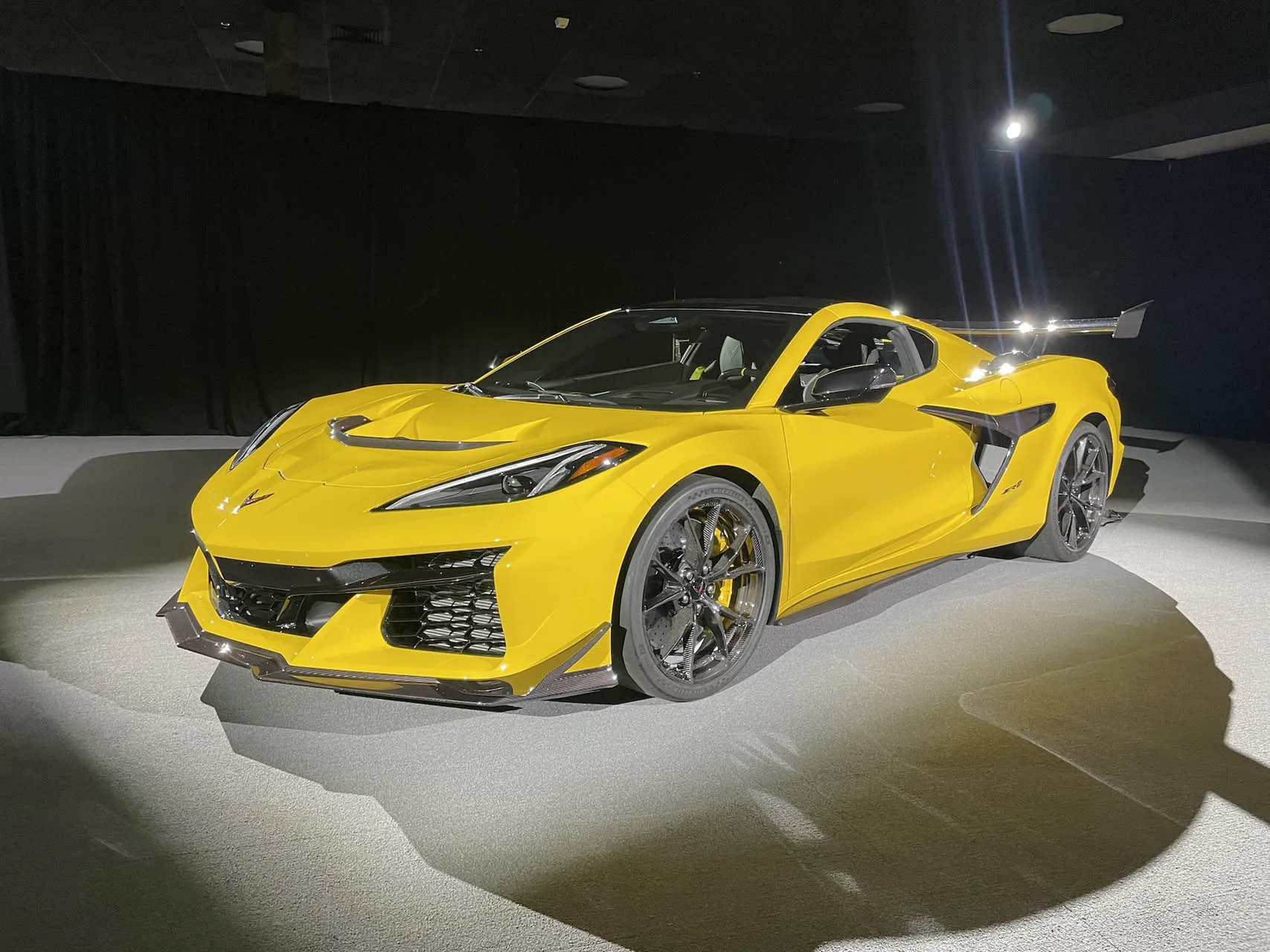Will Entry Ignition Technology Save the Internal Combustion Engine?

In the wake of tighter global emissions regulations, automakers are looking for new ways to extract every last drop of efficiency from their internal combustion engines. In this "Engineering Explained" video, Jason Fenske discusses how entry ignition technology can make internal combustion engines last a little longer.
Despite the advent of electric vehicles, gasoline-powered cars are still going nowhere. Electric vehicles are still hampered by high battery costs, a lack of charging infrastructure, and a lack of customer interest. Also, continuing to improve internal combustion engines is a cheaper option for most automakers than a total conversion to electric powertrains, at least for now.
Tighter emission regulations mean that automakers will need to find ways to make internal combustion engines more efficient. Entry ignition is a new ignition method for this purpose.
Entry ignition begins by drawing and compressing air into the cylinder without fuel. This means that the temperature inside the cylinder is close to the auto-ignition point of gasoline, meaning that the fuel is close to, but not quite to, the point where it can ignite without a spark. This high-pressure, high-temperature air is then sent to the mixing chamber, where the fuel is injected.
The slider valve causes the mixture to move from the mixing chamber into the cylinder, where it is instantly ignited, hence the term entry ignition. [The efficiency advantages of entry ignition include the ability to use higher compression ratios and leaner air-fuel ratios than standard gasoline engines. It also allows for greater expansion that pushes the piston further down, thus getting more work out of combustion.
How efficient are entry ignition engines? In a SAE technical paper published in April 2020, researchers found that entry ignition can reduce thermal efficiency (the percentage of energy converted into work in the engine) from a standard Otto-cycle gasoline engines to 63%, compared to 49% for the standard Otto-cycle gasoline engine, they estimate.
However, entry ignition is an unproven technology. In particular, Fenske points out that it uses different sized pistons and cylinders, which can lead to balance issues. Furthermore, no mass-produced automotive engine uses the slider valve required by entry ignition, which raises questions about reliability. It is also worth noting that none of the automakers have discussed adopting this technology for production vehicles.




